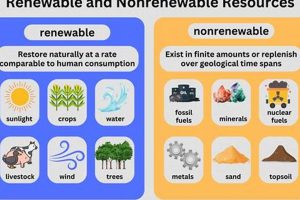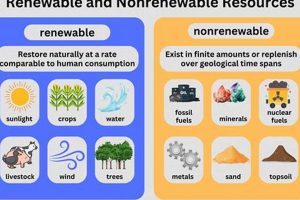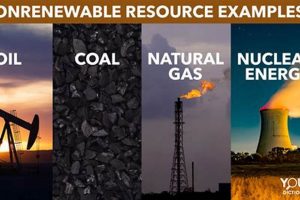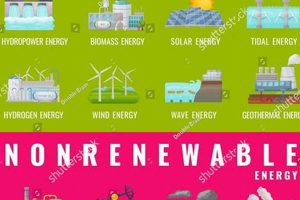
Earth’s internal heat, accessible through various geological formations, offers a significant energy source. This heat can manifest as readily available steam or hot water, utilized directly for heating applications or to drive... Read more »

Ocean waves are generated by wind transferring energy to the water’s surface. This continuous process makes wave power a sustainable energy source, constantly replenished by natural forces. Unlike fossil fuels, which are... Read more »

Fusion power, the process of combining light atomic nuclei like hydrogen isotopes into heavier ones like helium, releasing vast amounts of energy in the process, relies on an abundant fuel source: deuterium... Read more »

Distinguishing between energy sources that replenish naturally and those that exist in finite quantities is fundamental to understanding sustainable energy practices. Renewable sources, like solar, wind, hydro, and geothermal, draw power from... Read more »

The atmosphere, composed primarily of nitrogen, oxygen, and trace gases, is a dynamic system constantly replenished through natural processes. Photosynthesis, for instance, continually generates oxygen, while other biogeochemical cycles regulate the concentration... Read more »

Biofuels derive from organic matter, typically plant-based sources. The classification of these fuels as renewable or nonrenewable depends on the balance between the rate of consumption and the rate of replenishment of... Read more »

Substances like fossil fuels (coal, oil, and natural gas) and nuclear fuels (uranium) are finite and deplete over time with use. Mineral resources, such as iron ore, bauxite, and copper, also fall... Read more »

Resources capable of being replenished naturally within a human timescale are categorized differently from those that are finite and deplete with use. Solar, wind, hydro, and geothermal energy exemplify the former, while... Read more »




